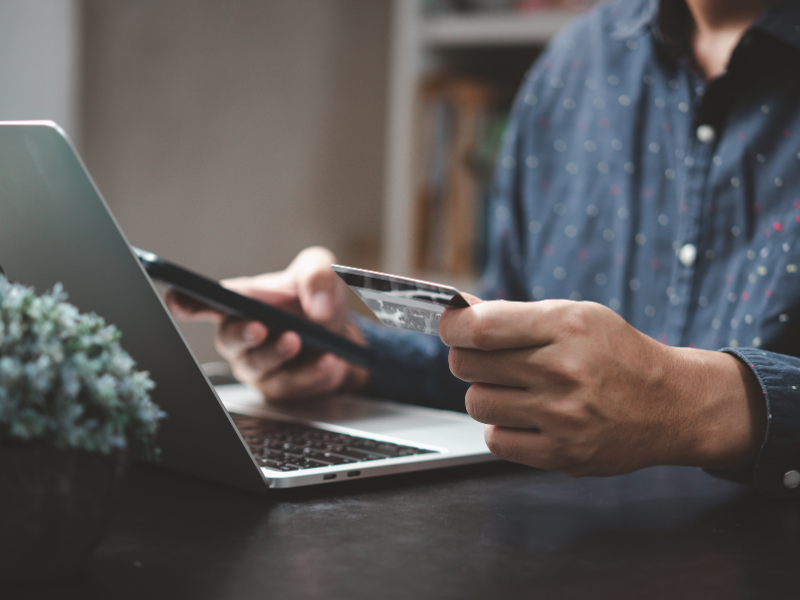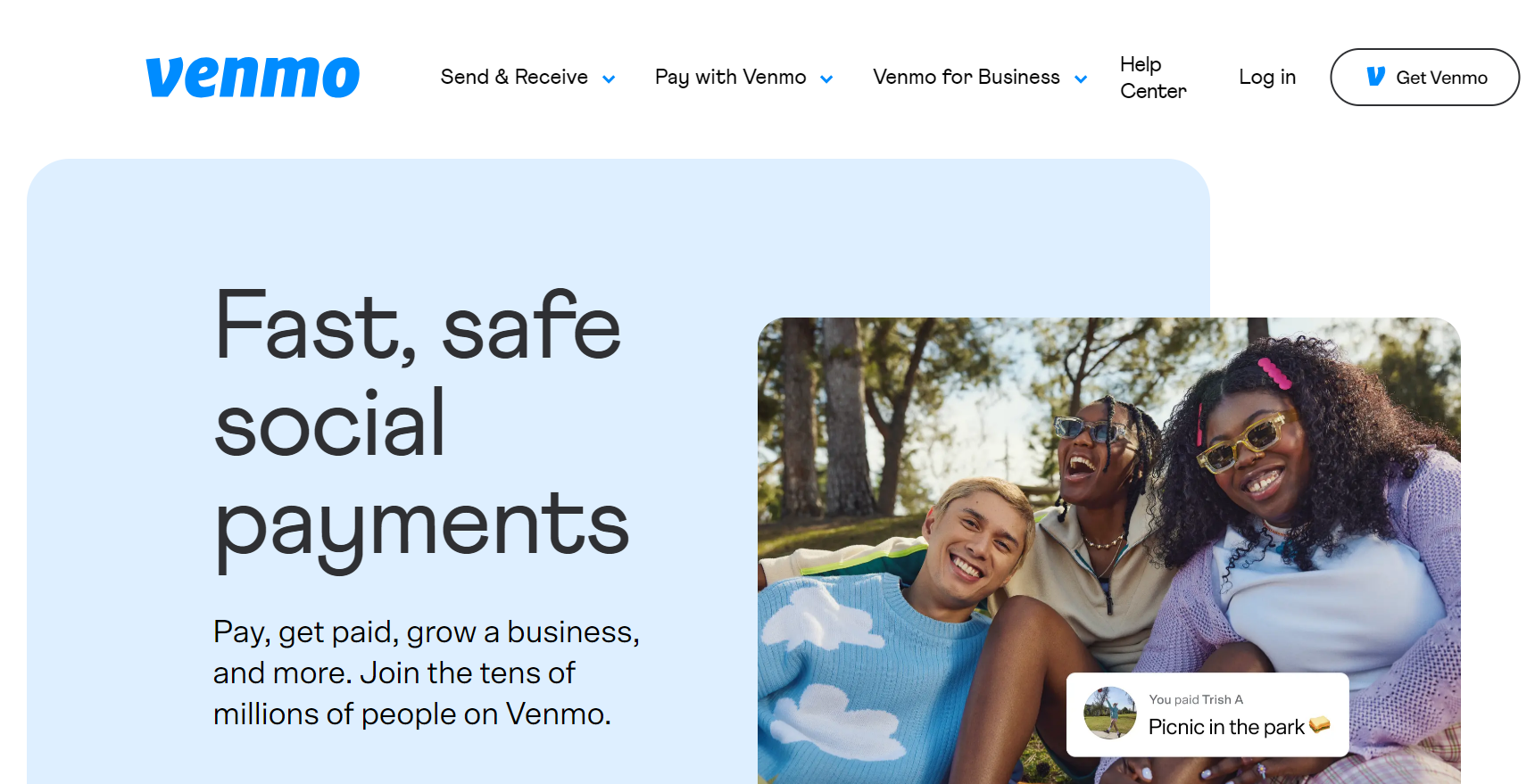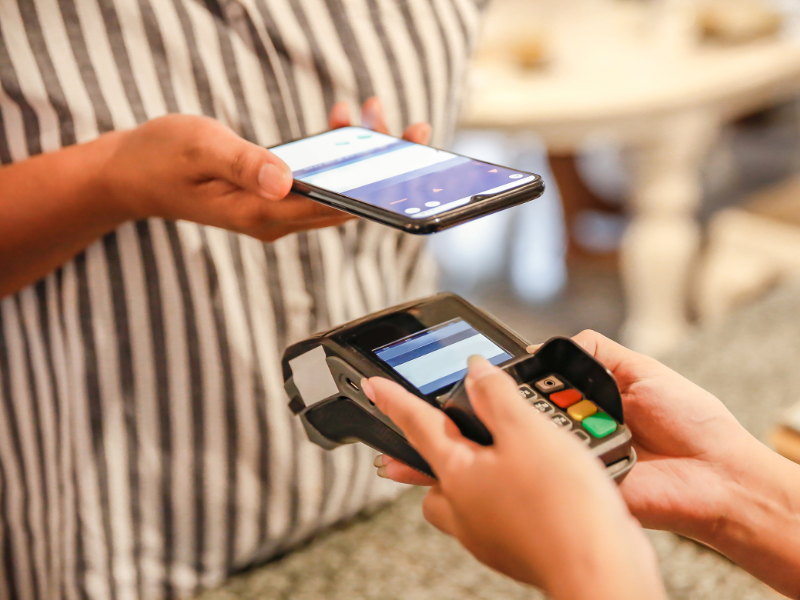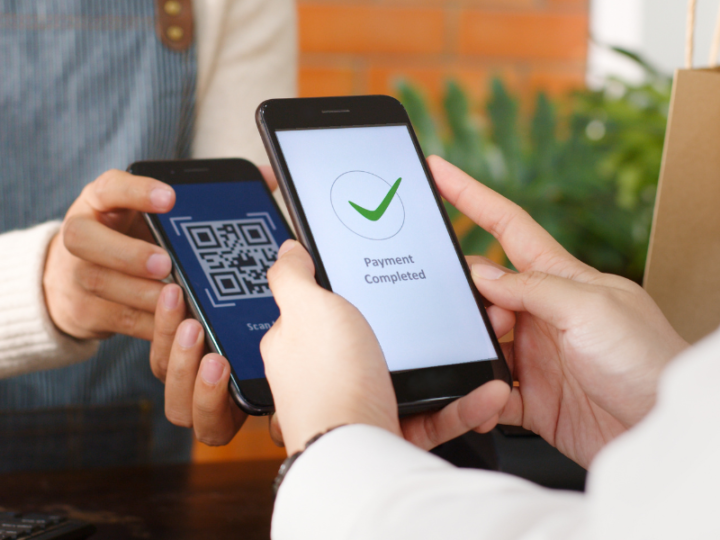Digital wallets offer a safe and convenient way to pay and get paid. Like Venmo, for example. It makes sending and receiving money easy since all you need is to touch a few buttons using its app. Of course, with great convenience comes the risk of potential security threats.
While Venmo is entirely safe for day-to-day payments, can it guarantee the same safety for healthcare-related transactions? Also, given the regulations set by HIPAA for protecting patient information, it pays to ask questions like, is Venmo HIPAA compliant?
Would this popular digital wallet make a safe payment method for those in private practice?
Table of Contents

The Role of Payment Apps in Healthcare
Modernization has paved the way for increased efficiency and convenience. The healthcare industry is one area where it is particularly evident. Gone are the days when patients had to carry cash to pay for medical services. Now, it’s possible to pay through an app.
Nevertheless, security should always be a top priority, especially for healthcare professionals. Your choice of payment app should strictly comply with data privacy requirements, specifically HIPAA or the Health Insurance Portability and Accountability Act. Compliance with the said industry regulation will help keep data safe and steer your organization clear of costly fines and legal consequences.
With Venmo, you may need to reconsider its compliance status before deciding.

Is Venmo HIPAA Compliant?
No, Venmo is not HIPAA compliant. While the payment app can save you time from personally going to clinics, the challenge is ensuring HIPAA compliance. Since sensitive data can travel from various devices and online bank platforms, payment apps must implement necessary encryption and security protocols.
Also, it’s worth noting that to ensure secure transactions, Venmo collects information using face scans and authentication to verify identity. But are these enough to say that Venmo is HIPAA compliant? Unfortunately, no. Businesses can use the app to accept and process payments, but it cannot guarantee the safety of confidential data, particularly protected health information or PHI.
Also, Venmo does not enter into Business Associate Agreements (BAAs) with covered entities. Under different circumstances, it may share its collected data with financial partners and other entities. Without a BAA, covered entities are at risk of violating HIPAA rules. Add to that the security and legal implications of using a platform that does not meet the HIPAA requirements.
Venmo and HIPAA Compliance: Benefits and Risks
As a popular digital wallet, Venmo has the potential to offer the following advantages:
- Improved patient experience: Payments for healthcare and medical services could be made quickly and effortlessly in just a few taps. There’s no need for patients to carry checks or cash.
- Easy payment tracking: Private practitioners like dentists and physical therapists can easily track payment collections and other financial transactions. All they need to do is open the Venmo app to check their most recent and previous payment activities.
- Contactless payments: The Venmo app makes it easier to pay for services through instant money transfers to merchants.
Despite these benefits, healthcare professionals must think twice before using the payment app. Aside from not being HIPAA compliant, Venmo has several downsides, including:
- Increased hacking risks and scams: Cybercriminals, including scammers, could put your Venmo account at risk. It’s crucial to be extra wary about your sharing app’s credentials with suspicious entities.
- Transactions are set to public by default: With Venmo, looking into the payment activities of other users is entirely possible since the app, by default, has made this information public. You must manually change its privacy settings to private if you don’t want to have others checking on your latest dentist visit.
- Fees and account limitations: Convenience usually comes at a price. With Venmo, that means paying the 1.75% fee for instant transfers. There’s also a transaction limit for both personal and business accounts, which could prevent you from receiving larger payments.
Top Alternatives to Venmo for HIPAA-Compliant Payments
Apart from Venmo, these apps are worth considering, especially if you want to ensure compliance with HIPAA for healthcare payment processing.
1. Ivy Pay
Designed for therapists, Ivy Pay offers secure and seamless payment options that are also HIPAA compliant. It also provides a Business Associate Agreement (BAA) upon request. Moreover, the payment app employs HIPAA-compliant measures such as strong TLS encryption and validation certificates.
2. Square
Square is a HIPAA-compliant multi-tool business solution initially used as an e-commerce platform. Now, medical providers can rely on Square for payment processing purposes. When required, it is willing to enter into a BAA.
3. HealthPay24
HealthPay24 is the way to go should you need to keep your healthcare transactions safe and secure. Here, You can easily collect self-payments from your patients. It is also HIPAA compliant and utilizes a PCI-validated point-to-point encryption for added data protection.
Ensuring HIPAA Compliance With Payment Gateways
Technological advancements like digital wallets can reduce administrative burdens among healthcare providers. However, making the proactive choice to use secure and HIPAA-compliant payment platforms is equally important.
If your goal is to accept and process payments for healthcare-related transactions, then go for a digital payment app that can successfully abide by the standards of HIPAA. After all, your patient’s safety and best interests should always come first. It’s a top priority over all the conveniences that a digital wallet like Venmo could offer.








